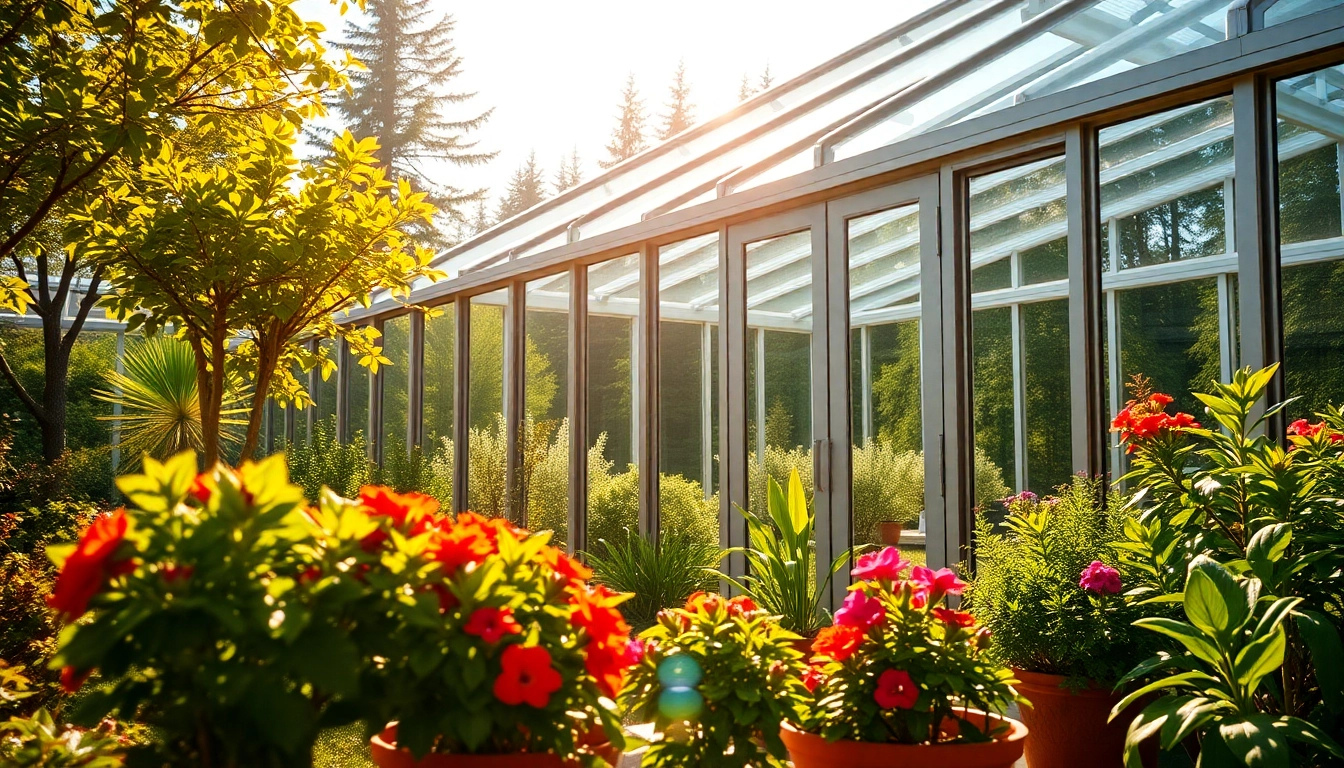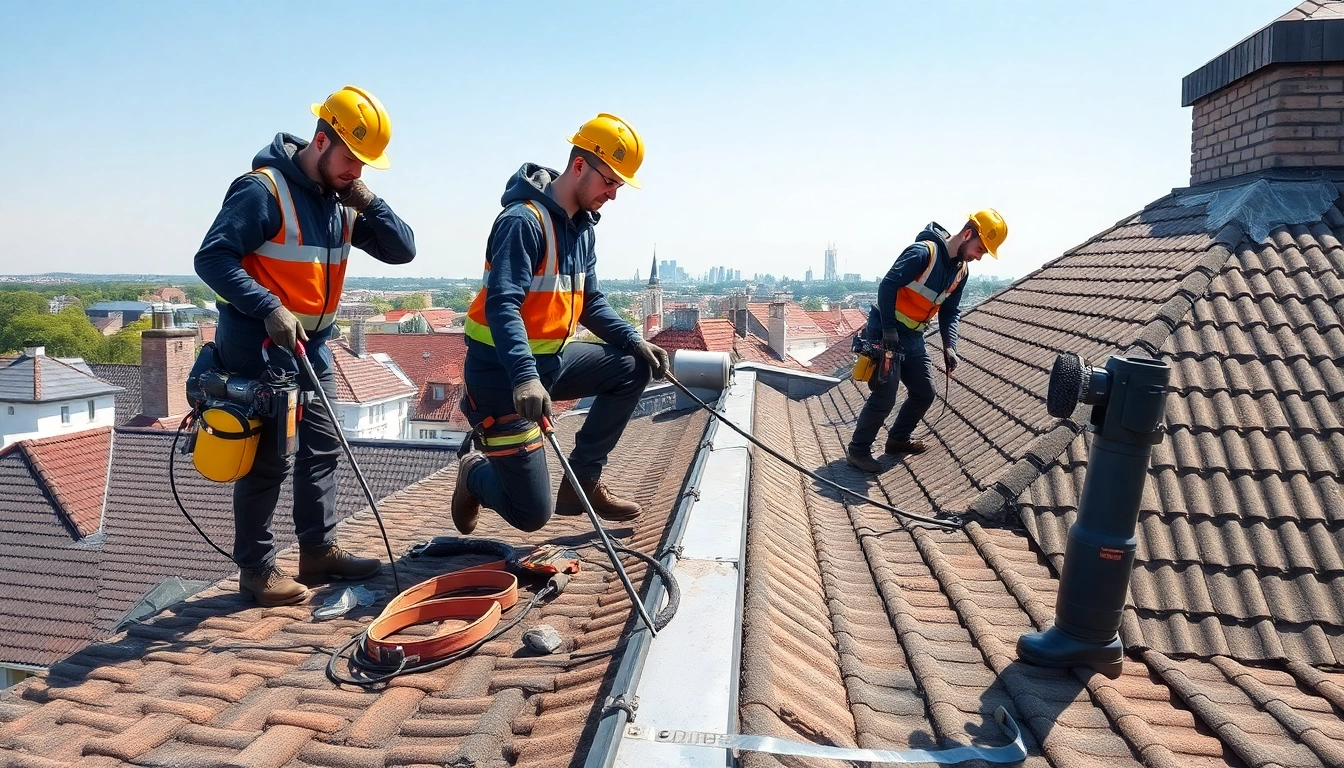The Basics of Basement Finishing in Utah
What is Basement Finishing?
Basement finishing is the process of transforming an unfinished basement into a livable and functional space. This involves various construction activities, including framing, electrical work, insulation, plumbing, drywall installation, flooring, and final decorative touches. Finishing your basement can increase your home’s usable square footage significantly, making it an attractive option for homeowners looking to add value and space without the expense of moving to a larger home.
Benefits of Finishing Your Basement
One of the most compelling reasons to consider basement finishing utah is the myriad of benefits it offers. Here are some key advantages:
- Increased Property Value: Finishing your basement can add significant value to your home. According to industry insights, homeowners can expect a return on investment (ROI) ranging from 70% to 86% on finished basements.
- Extra Living Space: A finished basement can serve many purposes, such as a family room, game room, home theater, or even a guest suite, providing you with versatile options to cater to your family’s needs.
- Enhanced Comfort: Properly finished basements with insulation, flooring, and adequate ventilation systems offer a comfortable living environment, reducing the cold, damp feeling commonly associated with unfinished basements.
- Energy Efficiency: By finishing your basement and addressing any insulation or moisture problems, you can improve your home’s overall energy efficiency, possibly lowering heating and cooling costs.
Local Regulations and Permitting in Utah
Before you embark on a basement finishing project, it’s crucial to understand the local regulations and permitting requirements in Utah. Most municipalities require homeowners to pull a building permit for any structural changes or finishing work. This can include framing, electrical wiring, plumbing, and any modifications to existing systems. Additionally, zoning laws may necessitate certain inspections to ensure compliance with safety codes. It’s recommended to consult your local jurisdiction or a licensed contractor familiar with Utah’s regulations to avoid fines and complications.
Cost Considerations for Basement Finishing in Utah
Average Costs by Size and Quality
The cost of finishing a basement can vary widely based on several factors, including the size of the space, the quality of materials chosen, and the complexity of the project. On average, homeowners can expect to spend between $20 to $70 per square foot. Here’s a general breakdown of potential costs:
- For a 750 sq. ft. basement: Approximately $15,000 to $52,500.
- For a 1,000 sq. ft. basement: Approximately $20,000 to $70,000.
- For a 2,000 sq. ft. basement: Approximately $40,000 to $140,000.
These figures include labor, materials, and some finishing touches but can fluctuate based on regional labor costs and market demands. It’s important to obtain multiple quotes from contractors before deciding.
Understanding Return on Investment (ROI)
When considering whether to finish your basement, it’s essential to evaluate the ROI. As previously mentioned, the investment can yield returns of 70% to 86% upon sale of the home. Homes with finished basements typically stand out in the marketplace, drawing in buyers willing to pay a premium for additional living space. Not only does a finished basement enhance your lifestyle while you live in the home, but it also positions your property favorably when it’s time to sell.
Hidden Costs to Watch Out For
While the upfront costs of basement finishing can seem manageable, several hidden expenses can arise. These could include:
- Foundation Repairs: If structural issues are discovered, costs for foundation repairs can significantly increase total expenses.
- Waterproofing: If your basement has existing moisture problems, waterproofing measures can add substantial costs.
- Permitting Fees: Obtain the necessary permits can involve time and additional fees, especially if inspections are required.
- Upgrades to Existing Systems: Plumbing, electrical, or HVAC upgrades can quickly add to your overall budget.
Due diligence in planning and budgeting can help mitigate these risks.
Choosing the Right Contractor for Basement Finishing
Key Qualities to Look For
Finding the right contractor for your basement finishing project is vital. Look for the following qualities when vetting potential contractors:
- Experience and Specialization: Choose a contractor who specializes in basement finishing rather than general contracting. Their specific experience can translate into superior workmanship and solutions tailored to potential basement-specific challenges.
- Licenses and Insurance: Ensure the contractor is fully licensed and carries liability insurance. This protects you from any liability should accidents occur during the project.
- Portfolio of Past Work: A reputable contractor should provide a portfolio showcasing their previous basement finishing projects, allowing you to assess their workmanship quality and style.
- Clear Communication: Look for a contractor who communicates clearly and promptly, ensuring they understand your vision and requirements.
Questions to Ask Potential Contractors
When interviewing contractors, consider asking the following questions to gauge their expertise:
- What is your experience with basement finishing projects similar to mine?
- Can you provide references from past clients?
- What is your project timeline, and how do you handle potential delays?
- What warranties or guarantees do you offer for your work?
- How do you handle project changes or unforeseen issues?
Getting clear answers to these questions will help you make an informed decision.
Reading Reviews and References
Before finalizing your contractor choice, take the time to read reviews and check references. Online platforms, such as Google, Yelp, and local home improvement forums, can provide valuable insights into a contractor’s reliability and workmanship. Additionally, asking for references from past clients can afford you first-hand feedback about the contractor’s performance, adherence to timelines, and overall satisfaction.
Design Ideas for Finished Basements in Utah
Popular Styles and Themes
The design of your finished basement should reflect your personal style while also accommodating its intended use. Some popular themes include:
- Modern Minimalism: Clean lines, neutral color palettes, and functional furniture define this style, making the space feel open and airy.
- Rustic Charm: Using reclaimed wood and stone elements can create a cozy, inviting atmosphere perfect for family gatherings or entertaining.
- Home Theater: Invest in comfortable seating, soundproofing, and a projector or large-screen TV for a true cinematic experience.
- Playroom: Bright colors, fun patterns, and ample storage can make the space ideal for children’s activities while ensuring safety.
Maximizing Space Efficiency
Utilizing a finished basement effectively means maximizing every square inch. Here are a few strategies:
- Built-in Furniture: Consider built-in shelves or benches to save space while providing storage and seating options.
- Multi-Functional Rooms: Design rooms that can serve more than one purpose. For example, a home office that can double as a guest room with a fold-out couch or Murphy bed.
- Open Floor Plans: An open layout can enhance the perception of space, making the basement feel larger and more accessible.
Incorporating Sustainable Practices
Sustainable living is increasingly important for homeowners today. When finishing a basement, consider these eco-friendly options:
- Use Reclaimed Materials: Incorporating recycled or reclaimed materials can reduce waste and add unique character to your basement.
- Energy-Efficient Lighting: Opting for LED lighting solutions can significantly decrease the energy usage in your finished basement.
- Insulation and Ventilation: Proper insulation and ventilation systems can retain heat in the winter and keep the space cool in the summer, reducing energy costs.
Maintaining Your Finished Basement
Regular Maintenance Tips
To keep your finished basement in good shape, regular maintenance is essential. Consider the following:
- Routine Inspections: Regularly check for signs of moisture, cracks in walls, or damage to fixtures and fittings.
- Cleaning: Ensure that heating and cooling vents are clean and unobstructed to maintain efficient airflow.
- Seasonal Checks: Before seasonal changes, inspect insulation and waterproofing, and ensure that gutters and drains remain clear.
Identifying and Addressing Common Issues
Common basement issues include dampness, mold, and poor air quality. To address these:
- Dehumidification: Use dehumidifiers to keep moisture levels in check, especially in humid months.
- Mold Prevention: Regularly check for mold growth and address it immediately with proper cleaning solutions.
- Air Quality: Ensure proper ventilation through air exchanges or vents to maintain a fresh air supply.
Seasonal Considerations for Basement Care
Each season brings unique maintenance challenges for your basement:
- Spring: Check for winter damage and ensure that drainage systems are clear as snow melts.
- Summer: Assess humidity levels and use fans and dehumidifiers to keep the air fresh.
- Fall: Prepare for winter by ensuring all insulation is intact and repairs are completed before freezing temperatures.
- Winter: Monitor for cold spots and ice damming, which can lead to unwanted leaks or water intrusion.



